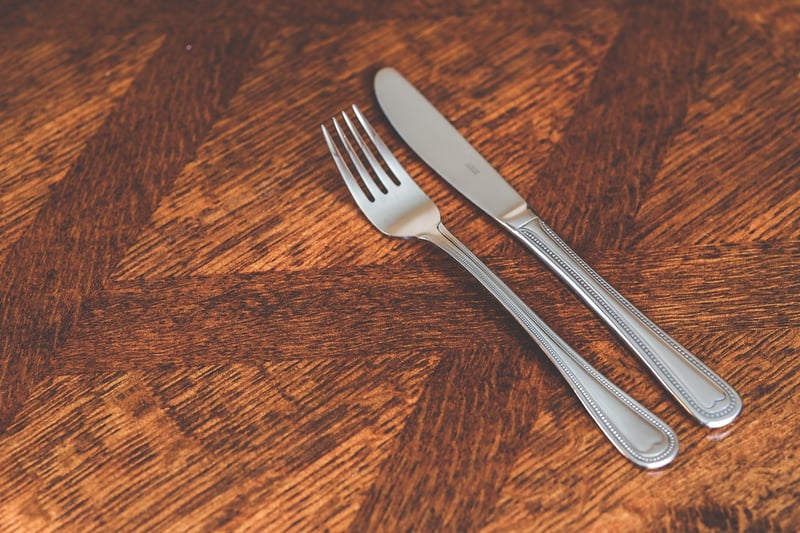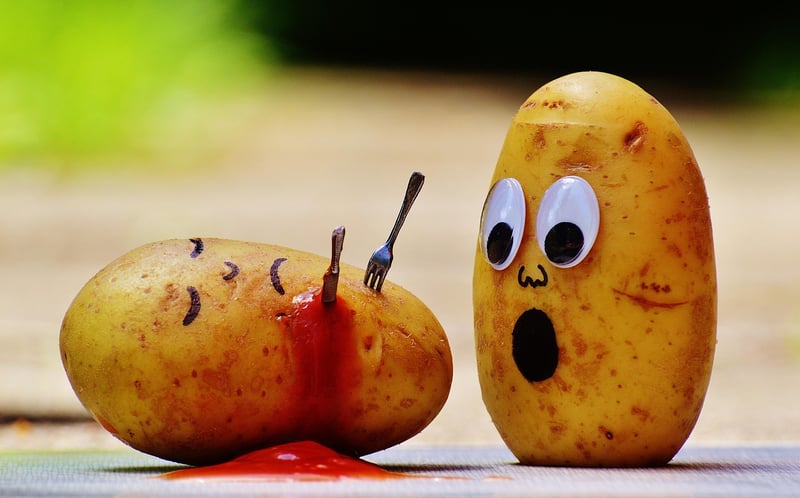Knife Skills
Master the Art of Cooking + Knife Skills
Cooking is not just a necessity; it's an art form. And one of the most crucial skills any aspiring chef should master is knife skills. Whether you're a beginner or a seasoned home cook looking to up your game, honing your knife skills can make a world of difference in the kitchen.
Why are Knife Skills Important?
Proper knife skills not only make food prep more efficient but also ensure safety in the kitchen. A sharp knife handled skillfully can elevate your cooking to a professional level and make the entire process more enjoyable.
Types of Knives
Before delving into knife skills, it's essential to understand the different types of knives and their uses. Some common knives include:
- Chef's Knife
- Paring Knife
- Serrated Knife
- Boning Knife
- Santoku Knife
Basic Knife Skills
Here are some fundamental knife skills to get you started:
- Grip: Hold the knife firmly but comfortably with your dominant hand.
- Claw Grip: Use your non-dominant hand to hold the food with your fingers curled under for safety.
- Rocking Motion: Master the rocking motion when chopping to ensure precision and efficiency.
- Julienne: Cut food items into thin matchstick-shaped pieces for salads or stir-fries.
- Dice: Achieve uniform cubes by first cutting into sticks and then crosswise into cubes.
Practice Makes Perfect
Like any skill, mastering knife skills requires practice. Start with simple tasks like chopping onions or slicing tomatoes and gradually move on to more complex techniques. With time and dedication, you'll become more confident and proficient with your knife skills.
Recommended Resources
If you're looking to enhance your knife skills further, consider taking a cooking class or watching online tutorials. There are plenty of resources available to help you sharpen your culinary abilities.
Remember, cooking is a journey, and mastering knife skills is just one step towards becoming a proficient chef in your own kitchen.

Happy cooking and happy chopping!
